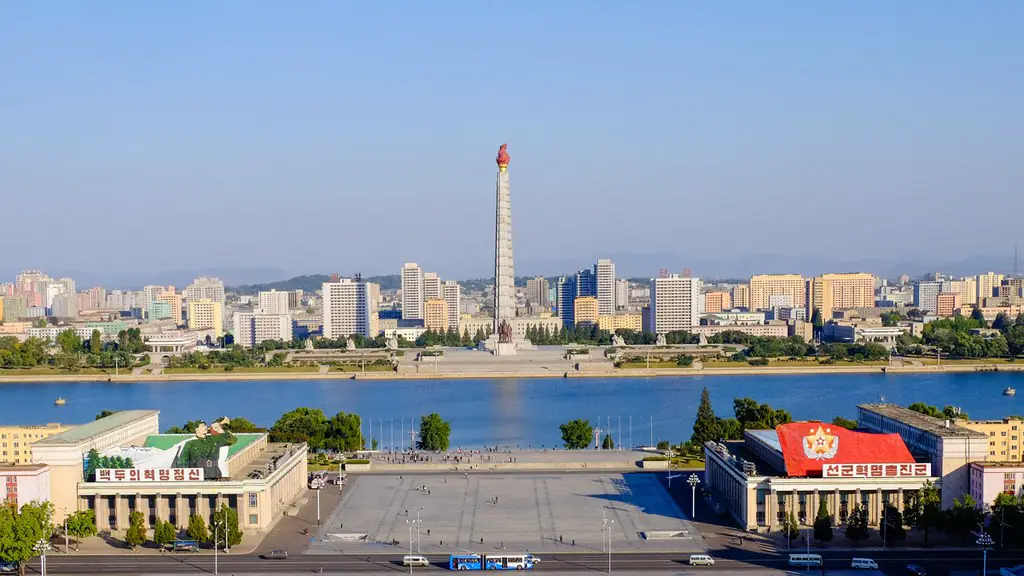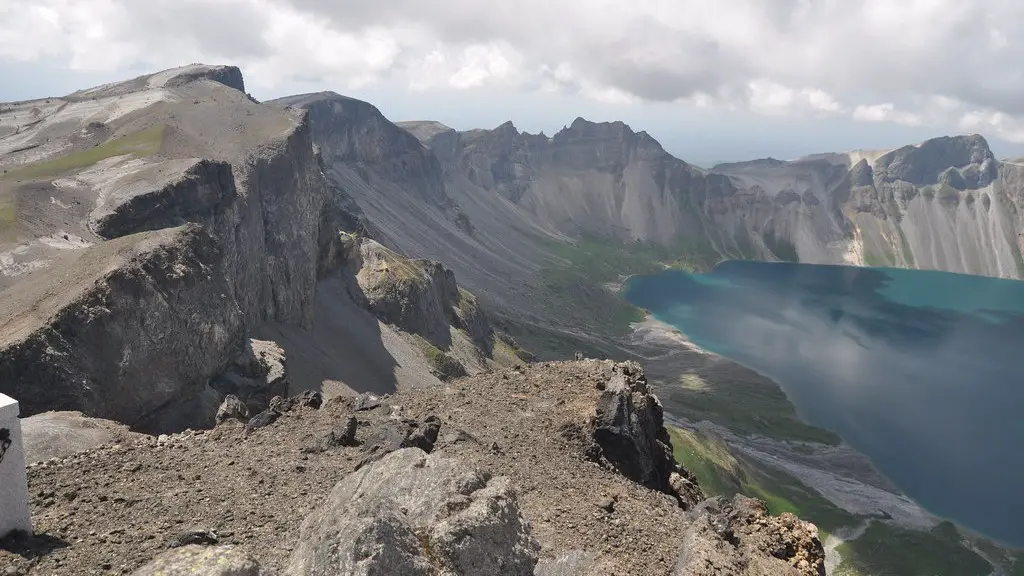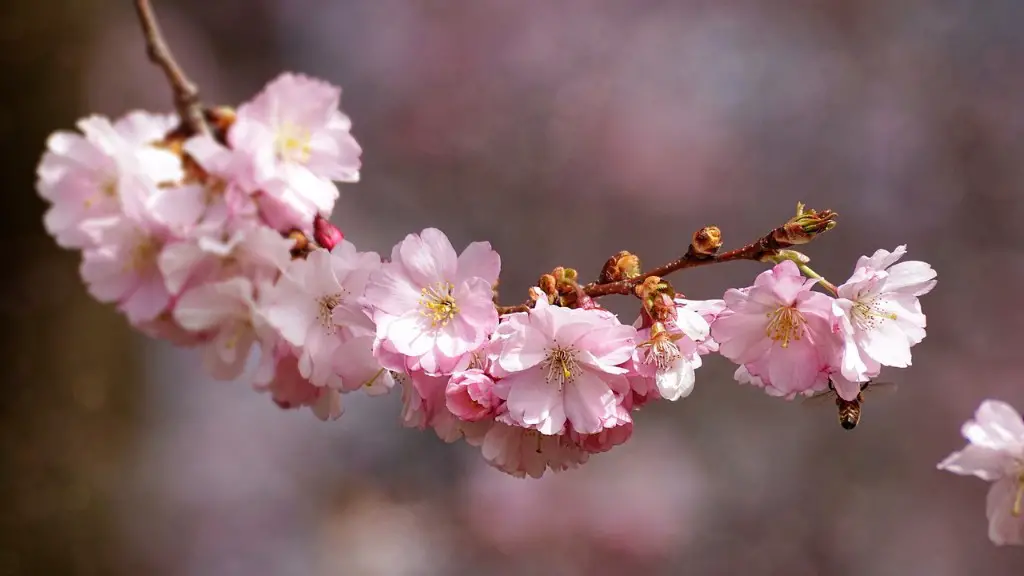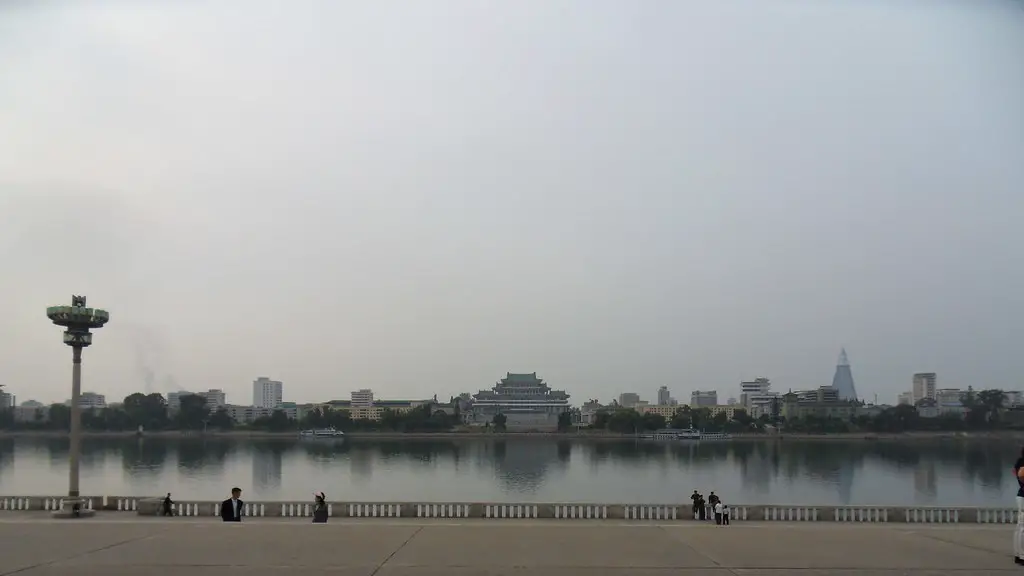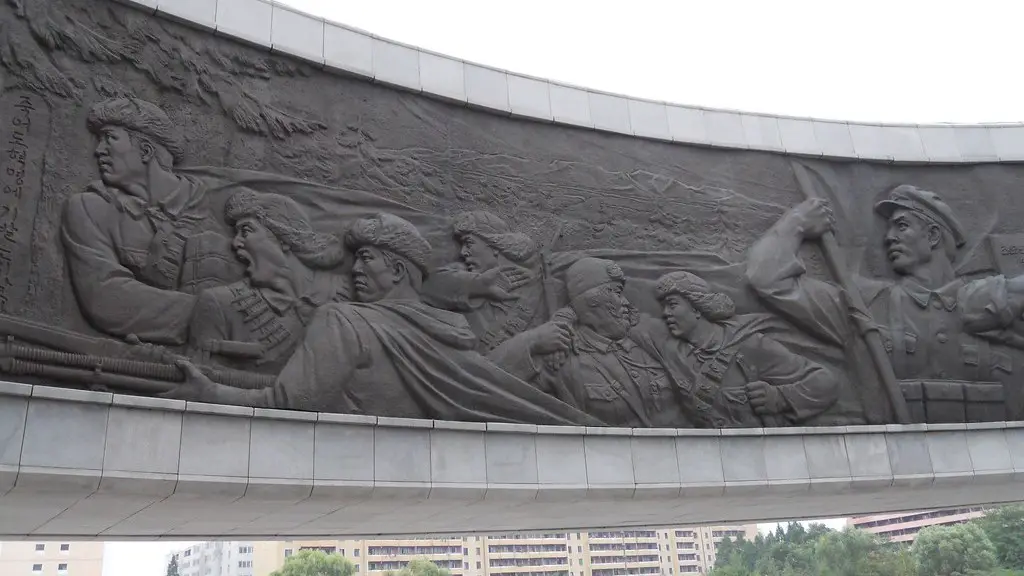How To Reach North Korea
Surrounded by countries that have long been aggressive and distrustful of it, North Korea remains one of the most isolated and heavily protected nations in the world. Yet American tourists, politicians, and other citizens are increasingly making the journey to this enigmatic nation. It is possible to visit North Korea, but not without an understanding of what’s expected from the visitor and the obstacles of getting there.
Whether for tourism, sports, or business, the basic requirements for a North Korea trip have not changed: you need a valid passport and a visa obtained in advance from a North Korean embassy. North Korea’s relations with the United States make the application process more complicated, so a trip to North Korea is best organized with the help of a travel agency.
Travelers who want to visit North Korea should be aware that their actions will be closely monitored by both authorities and the state-run tour guides. There are off-limit areas, such as military bases and nuclear test sites, and tourists will be expected to adhere to the strict laws governing public behavior.
In addition to visiting the country, it is possible to communicate with North Koreans in other ways. Organizations that specialize in humanitarian aid are often involved in creating non-governmental connections with the North Koreans. Such groups allow ordinary people to talk with each other and establish a human connection beyond their national borders.
The use of social media and the internet provide another way for people to connect. However, North Korea’s heavily controlled internet access limits access to information from outside the country. North Koreans do have access to some international websites and a select few, economically privileged citizens have access to a nationwide intranet.
One of the most effective ways for people all over the world to reach North Korea is through the media. For example, the Seoul-based Korea Central News Agency, has regular broadcasts into the country, providing information on health, culture, and international events. Additionally, international broadcasts are often edited or modified by Pyongyang to suit its political needs. This can cause confusion, as North Koreans are aware that some content may be provided to mislead or manipulate its citizens.
In recent years, international sporting events hosted by North Korea have provided opportunities for cooperation and understanding between the two nations. In 2018, North and South Korean athletes marched together in the Opening Ceremony of the PyeongChang Winter Olympics and even fielded a joint women’s hockey team. Such events are a sign of a positive change in North and South Korean relations, which could eventually lead to an improvement in North Korean citizens’ quality of life.
Sanctions and Foreign Aid
International sanctions on North Korea have significantly limited the nation’s economy and government, but they have also created enormous hardship for the population. The UN estimates that more than 10 million North Koreans are in need of humanitarian aid, while malnutrition and other public health crises continue to plague the population.
Despite the insularity of the country, charities and organizations are increasingly able to provide medical care, educational services, and other humanitarian aid to North Korean citizens. In addition, some American citizens have found ways to volunteer in North Korea to help improve the lives of those living and working in the country.
The UN and other humanitarian agencies are also looking for ways to collaborate with North Korea in the provision of aid. North Korea has accepted aid from South Korea, China and other countries, but the government often tightens its aid policies in politically sensitive moments, making it difficult for the international aid community to provide assistance.
Foreign aid is an important way for North Korea to access tradable goods and services, but it also gives the international community an opportunity to help improve the situation in the country. Many experts believe that increased access to outside aid and information can help the government and its citizens address the ongoing economic and social issues in the country.
Business and Tourism
In recent years, business travel to North Korea has increased, particularly in the areas of oil, gas, and telecommunications. Business travelers to North Korea are prohibited from bringing any weapons or materials that could be used to develop the nuclear or chemical weapons. It is also necessary to apply for a visa in advance from the North Korean embassy.
Tourism to North Korea remains limited, with most trips consisting of organized tour packages for large groups. Travelers will be closely watched, and most tours focus on tourist destinations and military sites. Tour packages typically include a guided tour and visits to some of the country’s most popular attractions.
Overall, tourism to North Korea is a way for travelers to experience the cultur eof the nation first-hand and gain a greater understanding of the nation’s history and culture. Despite the government’s limitations on foreign visitors, tourism is an important source of hard currency for the isolated nation.
Ultimately, while there are still challenges in reaching North Korea, understanding these can help travelers better prepare for their visit. With an organized visit and a cultural exchange, travel to North Korea can be a positive experience.
Human Rights Abuses
Human rights abuses in North Korea are severe and well-documented by international organizations. Human Rights Watch has described the human rights situation in the Democratic People’s Republic of Korea (DPRK) as a “long-standing and ongoing tragedy.”
Political dissidents are routinely imprisoned and subjected to torture, executions, and other serious human rights violations. The government has also been accused of committing crimes against humanity, such as exposing prisoners to radiation and using chemical weapons against its own citizens.
The UN has spoken out about the need for North Korean authorities to respect and protect the human rights of their citizens. The UN has repeatedly recommended an independent inquiry into the human rights situation in the country. Despite the government’s refusal to accept these recommendations, the international community has continued to draw attention to ongoing abuses and violations of human rights in North Korea.
At the same time, some non-governmental organizations, such as Human Rights in North Korea, have established a presence in the country. These organizations strive to improve access to information and promote respect for human rights in North Korea. They also provide support to individuals and families affected by the government’s human rights violations.
Rising Threat of War
The rising tensions between North Korea and the United States and its allies increases the risk of armed conflict. North Korea has received warnings from the international community for its nuclear weapons program, but the country continues to aggressively develop new weapons. Meanwhile, the US and its allies have continued to conduct military exercises and deploy weaponry in the region.
In 2017, the United Nations Security Council imposed a series of harsh sanctions on North Korea in a bid to curtail the country’s weapons program. Despite these sanctions, North Korea has continued to expand its nuclear capabilities and has tested a number of long-range weapons, including intercontinental ballistic missiles.
The escalating nuclear tensions have caused concern among neighboring countries and the international community. In 2018, the UN Security Council unanimously adopted a series of additional sanctions on North Korea in response to its continued weapons tests. These sanctions are designed to further limit the country’s ability to develop and deploy nuclear weapons.
The situation on the Korean Peninsula remains volatile and unpredictable. While some progress has been made, a full-scale war between North Korea and the United States still remains a disastrous possibility. The international community and the countries in the region are working together to find a peaceful solution that will protect the welfare and security of the millions of people living in Korea.
Mixed Signals and Diplomacy
A possible end to the escalating tensions between North Korea, the United States and its allies has been driven by a series of diplomatic overtures and mixed signals from Kim Jong-un. The North Korean leader has alternately expressed willingness to negotiate and then harshly criticized the US and its allies.
In 2018, Kim Jong-un meet with South Korean President Moon Jae-in and US President Donald Trump, who signed a joint statement committing to the denuclearization and peace process. However, negotiations have since stalled, as North Korean officials have demanded a lifting of UN sanctions as a precondition for denuclearization.
Meanwhile, China remains an important partner in negotiations and is a key player in the peace process. China is a major supplier of fuel and food to North Korea, and it is believed to be exerting influence on the Kim regime to encourage denuclearization.
The Trump administration and North Korean officials have also had sporadic contact, but progress on the denuclearization process has been slow. Despite the conflicting signals from both sides, the US government is continuing its diplomatic efforts with North Korea and remains committed to finding a peaceful resolution.
Conclusion
Despite the challenges of accessing North Korea, recent Presidents of the United States have taken meaningful steps to bridge the gap between the two countries. As the international community works to resolve the nuclear issue, tourists and other visitors continue to find ways to experience the country firsthand and make connections with the North Korean people.
Ultimately, as the international community continues to diligently work together to resolve the nuclear issue, North Korea provides a unique opportunity to understand the culture, history, and people of the country firsthand, and to make connections with those living and working there.
